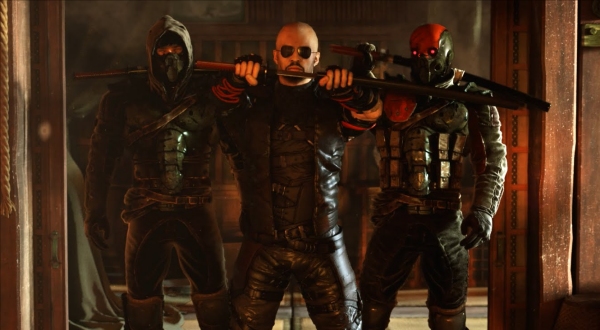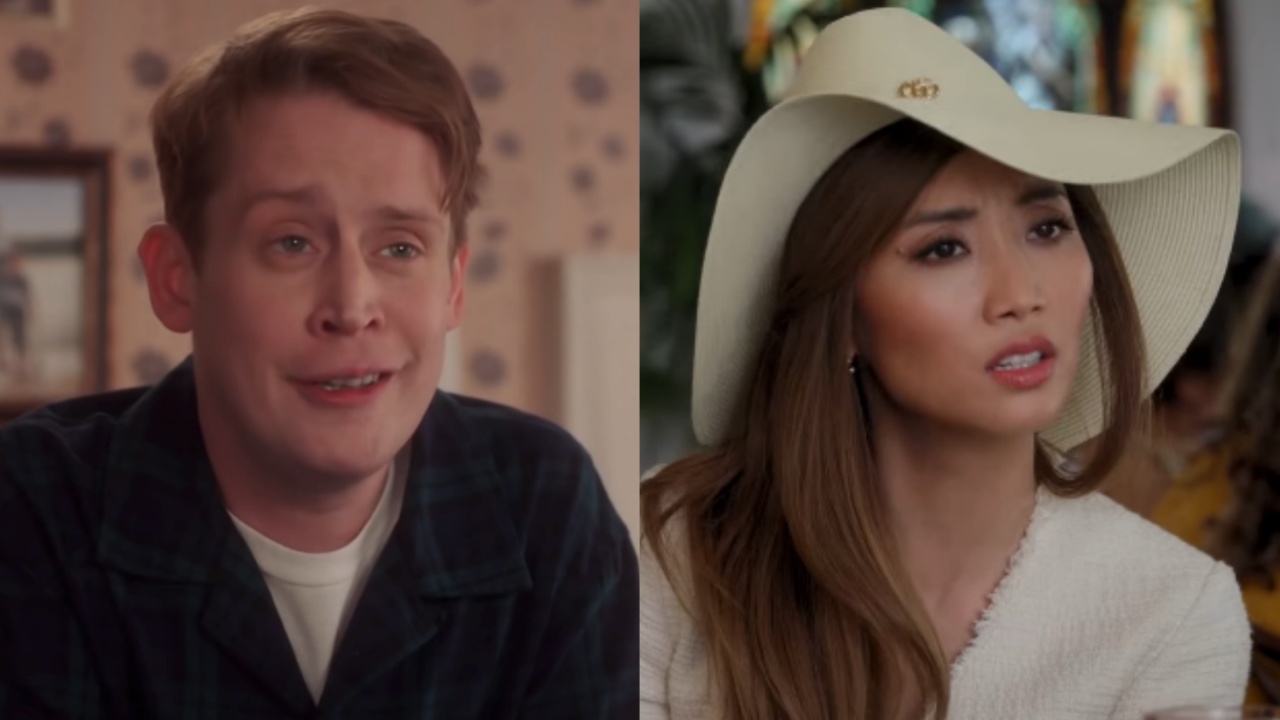Why One Game Studio Refuses To Use DRM

Your Daily Blend of Entertainment News
You are now subscribed
Your newsletter sign-up was successful
Flying Wild Hog has released Shadow Warrior 2 out into the wild on PC. The new game features players diving back into the role of Lo-Wang. Of course, with most PC games there is intrusive and disruptive DRM in place, but Flying Wild Hog explained why they refuse to use DRM.
In an e-mail response to Kotaku, two of the developers from the studio explained...
We don't support piracy, but currently there isn't a good way to stop it without hurting our customers. Denuvo means we would have to spend money for making a worse version for our legit customers. It's like this FBI warning screen on legit movies.
The two developers are Artur Maksara and Tadeusz Zielinski; as you can probably guess by the names, they aren't American. In fact, Flying Wild Hog is based out of Poland, and they seem to be following behind their fellow Polish brethren from CD Projekt Red in just saying "No!" to DRM.
CD Projekt Red went through a similar situation, even going as far as trying to sue pirates for downloading The Witcher from certain sites. That attempt failed, however, and they decided to take a different approach in how they dealt with the free market, gamers and pirates.
Gabe Newell, the acting president of Valve, mentioned that piracy was a consumer issue, not a security issue, which is why they took a different route with Steam... offering gamers great service at a great value. Newell's approach resonated with some developers, such as CD Projekt Red, who took that concept a step further by opening up their own distribution service called GOG.com, which not only allows gamers to get their hands on great old and new games alike at great prices, but they do so with the promise of being DRM-free. CD Projekt has grown hand-over-fist ever since, and it should come as no surprise that Flying Hog is using CD Projekt's GOG.com to offer gamers a DRM-free version of the Shadow Warrior sequel.
Flying Wild Hog seems to be adopting the mantra of leaving the DRM escapades behind because what they say is true: DRM only hurts legitimate customers. All DRM is cracked eventually, even the most consumer-unfriendly, seemingly impossible to crack security services -- like Denuvo -- eventually get cracked. In fact, certain scenes actually took time off from cracking some games to do nothing more than attempt to crack Denuvo on games like Rise of the Tomb Raider, Homefront: The Revolution and Just Cause 3, and they were successful.
In the long run, this means that the only people that the DRM affects are the people who legitimately pay for the game. The people who steal the game, for whatever reason, don't have to worry about the DRM since the pirates will eventually make a crack for it. The only DRM that has yet to be fully cracked is always-on DRM, which means that you can't play a game unless you're always online and always in talk with the server, such as Diablo III. This is probably the worst kind of DRM because any interruption on the server side means you can't play the game and any interruption in your net service also means you can't play. It's essentially forcing consumers to pay for the inconvenience of accessing a game.
Your Daily Blend of Entertainment News
It's good to know that Flying Wild Hog has gone in the opposite direction with Shadow Warrior 2. Some developers are waking up to the realities of DRM, and paying to have added security for their game that will be cracked by pirates anyway, and there only to serve as an inhibitor for actual, paying customers. In fact, I still haven't touched the PC version of Dark Void due to the incessant issues inherent with the SecuROM DRM.
Staff Writer at CinemaBlend.

